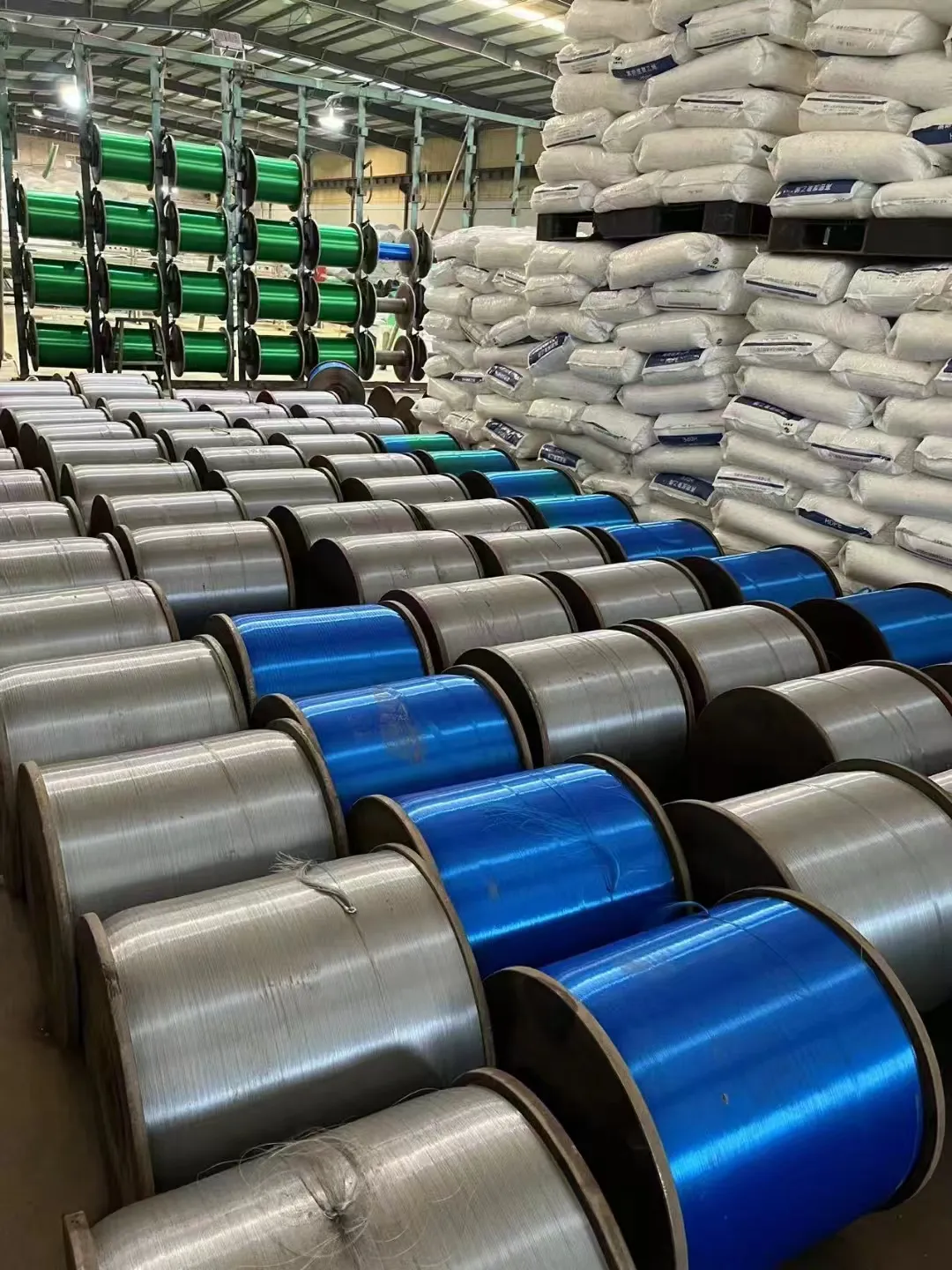-
 Afrikaans
Afrikaans -
 Albanian
Albanian -
 Amharic
Amharic -
 Arabic
Arabic -
 Armenian
Armenian -
 Azerbaijani
Azerbaijani -
 Basque
Basque -
 Belarusian
Belarusian -
 Bengali
Bengali -
 Bosnian
Bosnian -
 Bulgarian
Bulgarian -
 Catalan
Catalan -
 Cebuano
Cebuano -
 China
China -
 Corsican
Corsican -
 Croatian
Croatian -
 Czech
Czech -
 Danish
Danish -
 Dutch
Dutch -
 English
English -
 Esperanto
Esperanto -
 Estonian
Estonian -
 Finnish
Finnish -
 French
French -
 Frisian
Frisian -
 Galician
Galician -
 Georgian
Georgian -
 German
German -
 Greek
Greek -
 Gujarati
Gujarati -
 Haitian Creole
Haitian Creole -
 hausa
hausa -
 hawaiian
hawaiian -
 Hebrew
Hebrew -
 Hindi
Hindi -
 Miao
Miao -
 Hungarian
Hungarian -
 Icelandic
Icelandic -
 igbo
igbo -
 Indonesian
Indonesian -
 irish
irish -
 Italian
Italian -
 Japanese
Japanese -
 Javanese
Javanese -
 Kannada
Kannada -
 kazakh
kazakh -
 Khmer
Khmer -
 Rwandese
Rwandese -
 Korean
Korean -
 Kurdish
Kurdish -
 Kyrgyz
Kyrgyz -
 Lao
Lao -
 Latin
Latin -
 Latvian
Latvian -
 Lithuanian
Lithuanian -
 Luxembourgish
Luxembourgish -
 Macedonian
Macedonian -
 Malgashi
Malgashi -
 Malay
Malay -
 Malayalam
Malayalam -
 Maltese
Maltese -
 Maori
Maori -
 Marathi
Marathi -
 Mongolian
Mongolian -
 Myanmar
Myanmar -
 Nepali
Nepali -
 Norwegian
Norwegian -
 Norwegian
Norwegian -
 Occitan
Occitan -
 Pashto
Pashto -
 Persian
Persian -
 Polish
Polish -
 Portuguese
Portuguese -
 Punjabi
Punjabi -
 Romanian
Romanian -
 Russian
Russian -
 Samoan
Samoan -
 Scottish Gaelic
Scottish Gaelic -
 Serbian
Serbian -
 Sesotho
Sesotho -
 Shona
Shona -
 Sindhi
Sindhi -
 Sinhala
Sinhala -
 Slovak
Slovak -
 Slovenian
Slovenian -
 Somali
Somali -
 Spanish
Spanish -
 Sundanese
Sundanese -
 Swahili
Swahili -
 Swedish
Swedish -
 Tagalog
Tagalog -
 Tajik
Tajik -
 Tamil
Tamil -
 Tatar
Tatar -
 Telugu
Telugu -
 Thai
Thai -
 Turkish
Turkish -
 Turkmen
Turkmen -
 Ukrainian
Ukrainian -
 Urdu
Urdu -
 Uighur
Uighur -
 Uzbek
Uzbek -
 Vietnamese
Vietnamese -
 Welsh
Welsh -
 Bantu
Bantu -
 Yiddish
Yiddish -
 Yoruba
Yoruba -
 Zulu
Zulu
anti insect net for agriculture
Anti-Insect Nets for Agriculture A Sustainable Solution to Pests
Agriculture plays a crucial role in ensuring food security and driving economic growth globally. However, one of the biggest challenges that farmers face today is the infestation of pests and insects that can cause significant losses to crops. While chemical pesticides have been widely used to combat these pests, they often pose serious health risks to humans and the environment. Fortunately, advances in agricultural technology have led to the development of a more sustainable approach anti-insect nets.
Anti-insect nets are fine mesh barriers designed to protect crops from insect pests while allowing light, air, and moisture to penetrate. Made from high-density polyethylene or other durable materials, these nets are lightweight and easy to install. The innovative design of the nets ensures that they are effective against a variety of pests, including aphids, whiteflies, and beetles, without harming beneficial insects such as pollinators.
Anti-Insect Nets for Agriculture A Sustainable Solution to Pests
Moreover, anti-insect nets contribute to higher crop yields. By providing an effective barrier against pests, farmers can reduce crop losses and achieve better quality produce. Studies have shown that crops grown under anti-insect nets tend to have higher marketable yields compared to those grown without such protection. For instance, vegetable growers who employ anti-insect nets have reported yields that are 20-50% higher due to reduced pest damage. This increase in yield can provide farmers with better income, thereby boosting their economic stability.
anti insect net for agriculture

Another advantage of anti-insect nets is their versatility. These nets can be used in various agricultural settings, including open fields, greenhouses, and nurseries. They are particularly beneficial for organic farming, where the use of synthetic pesticides is prohibited. Additionally, they can be easily adapted to different crops and growth stages, allowing farmers to customize their pest management strategies. For instance, in the case of young plants that are particularly vulnerable to pests, using smaller mesh nets can provide enhanced protection.
The use of anti-insect nets also fosters a more sustainable agricultural system by promoting biodiversity. With chemical pesticides often harming non-target species, the application of anti-insect nets helps preserve beneficial insects and natural pest predators. This, in turn, supports a healthier ecosystem where natural pest control mechanisms can thrive. By maintaining biodiversity, farmers can ensure the long-term sustainability of their agricultural practices.
However, despite the numerous benefits, the adoption of anti-insect nets is not without challenges. The initial investment cost for purchasing and installing these nets can be significant, particularly for smallholder farmers. Additionally, proper installation and maintenance are crucial to ensuring their effectiveness, which may require training and support for farmers unfamiliar with their use. Nevertheless, the long-term advantages of using anti-insect nets often outweigh the initial hurdles.
In conclusion, anti-insect nets represent a promising solution for managing pests in agriculture. Their ability to reduce reliance on chemical pesticides, enhance crop yields, and promote ecological sustainability makes them an attractive option for farmers worldwide. As the agricultural sector continues to embrace innovative practices, the integration of anti-insect nets can lead to healthier crops, safer food, and a more sustainable future for farming. By prioritizing these protective measures, farmers can not only safeguard their livelihoods but also contribute to the overall health of our planet. As awareness spreads and technologies advance, it is critical for agricultural stakeholders to support the adoption of anti-insect nets as a component of integrated pest management strategies that prioritize environmental stewardship and food security.
-
Shipping Plastic Bags for Every NeedNewsJul.24,2025
-
Safety Netting: Your Shield in ConstructionNewsJul.24,2025
-
Plastic Mesh Netting for Everyday UseNewsJul.24,2025
-
Nylon Netting for Every UseNewsJul.24,2025
-
Mesh Breeder Box for Fish TanksNewsJul.24,2025
-
Expanded Steel Mesh Offers Durable VersatilityNewsJul.24,2025











